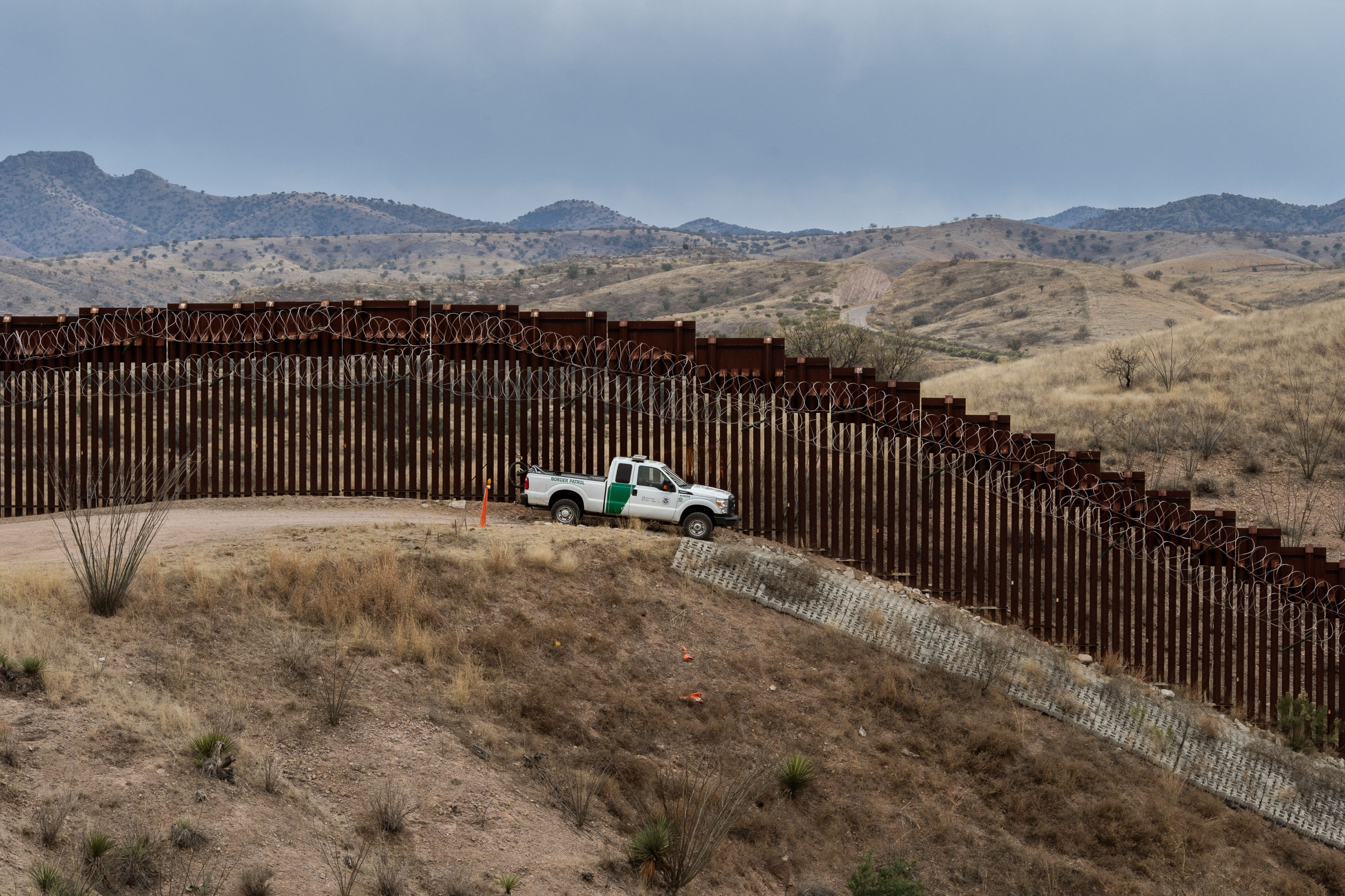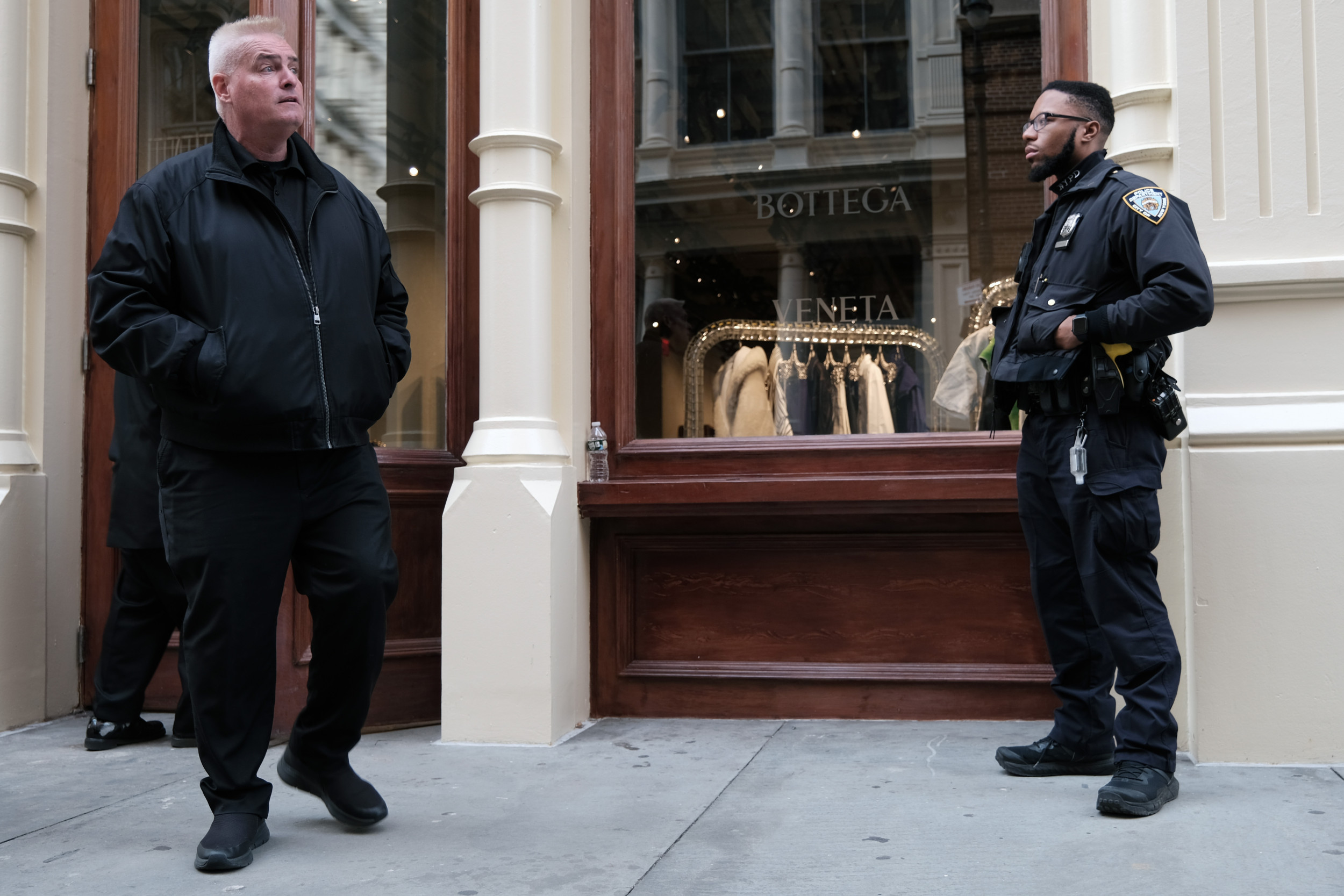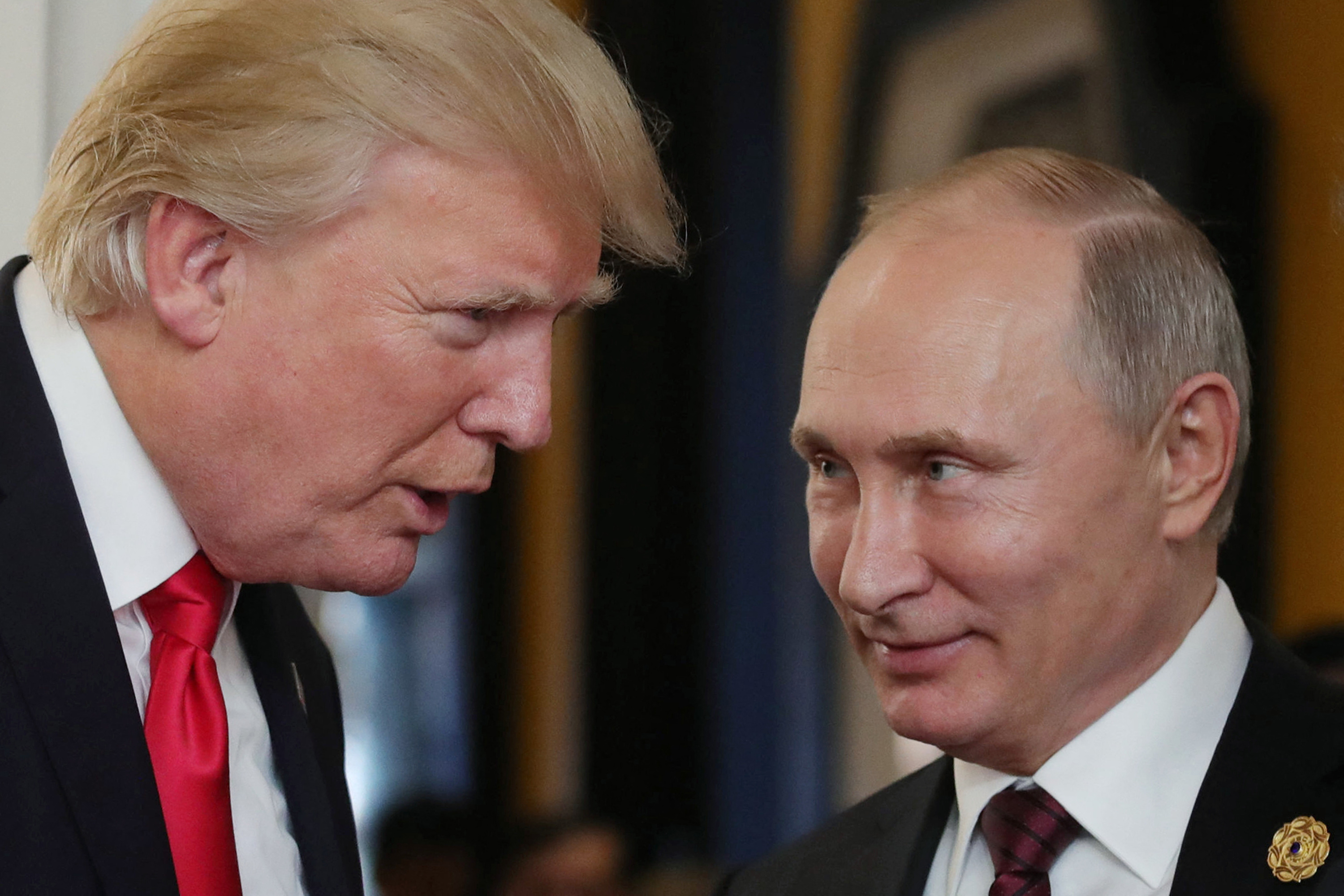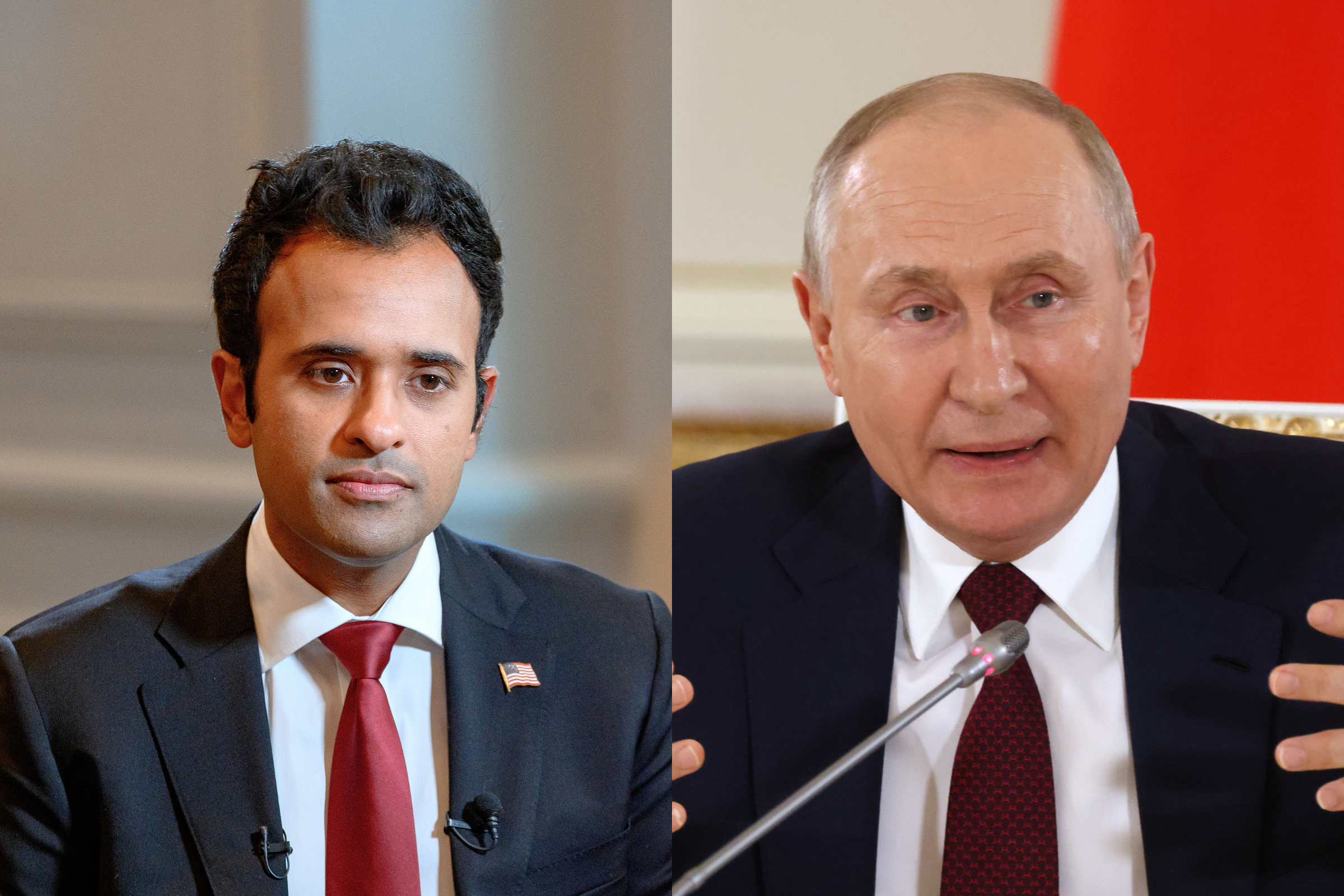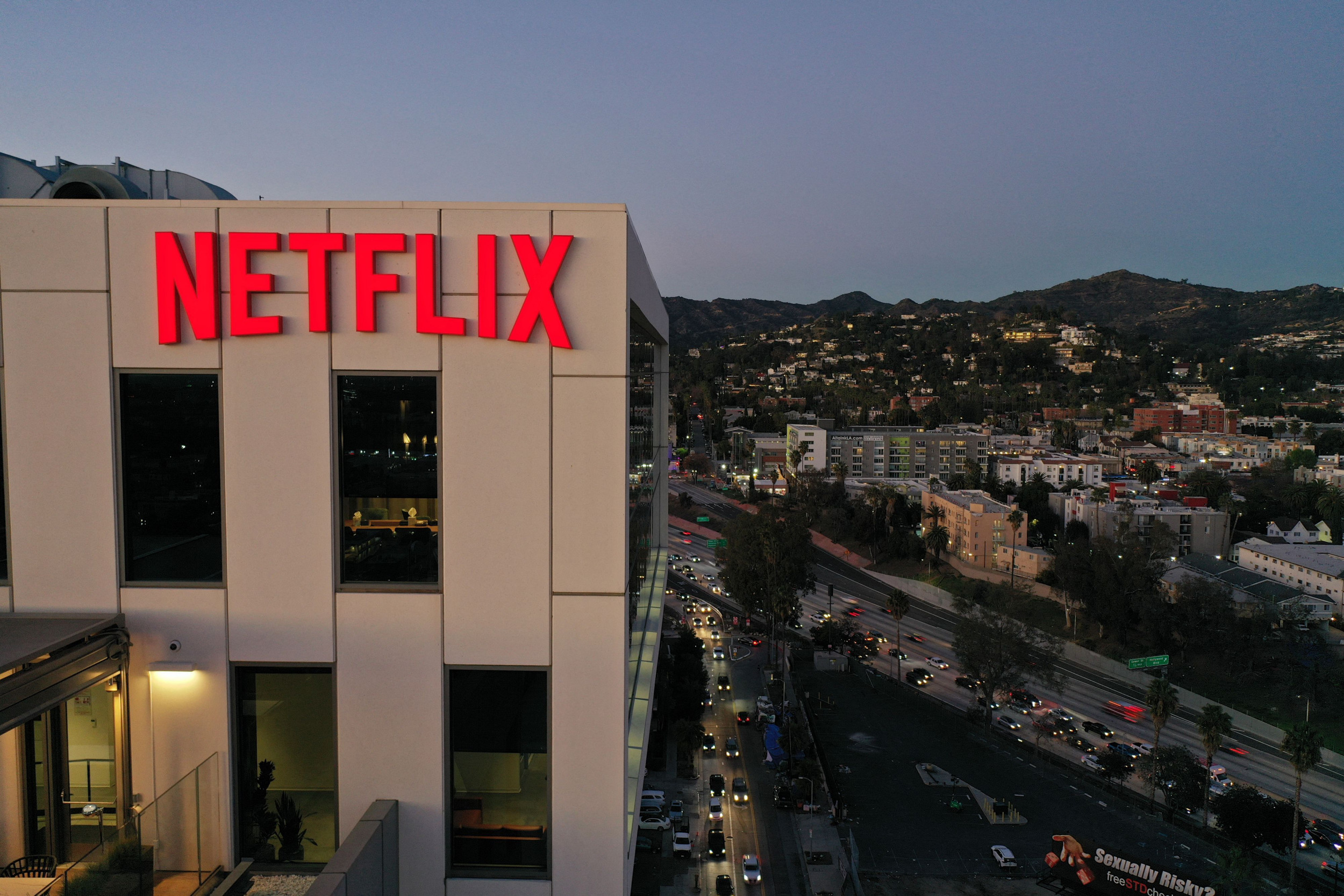Donald Trump has confirmed he will not be taking part in the upcoming televised GOP primary debate, although chances his no-show will affect any shot of him clinching the presidential nomination seem slim.
Trump has long suggested that he would not turn up for the first live presidential primary debate in Milwaukee, Wisconsin, on August 23, citing his overwhelming lead in the polls.
In a Truth Social post on Sunday, Trump said he will not take part in the first debate, or possibly any others, while citing a recent CBS News poll which shows that nearly two-thirds of likely GOP primary voters (62 percent) said they want Trump to be the party's next presidential candidate. Florida Governor Ron DeSantis was distant second on 16 percent in the survey, with no other candidate getting into double figures.
"The public knows who I am & what a successful Presidency I had, with Energy Independence, Strong Borders & Military, Biggest EVER Tax & Regulation Cuts, No Inflation, Strongest Economy in History, & much more. I WILL THEREFORE NOT BE DOING THE DEBATES," Trump wrote.
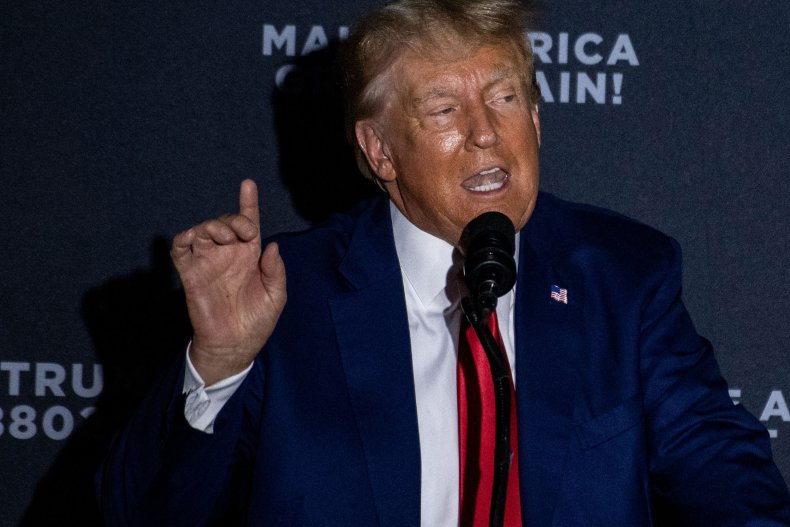
Trump's domination in the GOP primary polls remains even as the former president faces a string of legal issues. On August 15, Trump was indicted for the fourth time this year as part of Fulton County District Attorney Fani Willis' expansive 2020 election interference investigation.
Trump has already pleaded not guilty to falsifying business records charges in New York, as well as dozens of charges under Special Counsel Jack Smith's classified documents and January 6 probes. The frontrunner in the GOP primary has long denied all the accusations facing him, and described each investigation of being politically motivated.
Thomas Gift, founding director of the Centre on U.S. Politics at University College London, suggested that Trump is positioning himself as the "inevitable candidate" by skipping the debate, and that the other 2024 Republican hopefuls will struggle to benefit from his absence on August 23.
"By skipping the debate, his message to GOP voters is: 'You have no choice. Stand with me, or get out of my way.' While some might not like that message, his lead is so insurmountable that it's unlikely to hurt him—and for some, that bravado will even help," Gift told Newsweek.
"If four indictments in the last several months did nothing to damage Trump's poll numbers, a no-show at debate certainly won't."
Gift added that it may even be "for the best" that Trump does not attend the first GOP primary debate in Wisconsin.
"After all, what else do voters want to learn about Trump that they don't already know? A debate performance would just be a spectacle, not a legitimate chance to kick the tires on his candidacy," Gift said.
Some of the other 2024 Republican hopefuls have suggested Trump is taking a risk by not showing up to the debate stage. Former New Jersey Governor Chris Christie said Trump is "running scared and hiding" from the debate stage in a post on X, formerly Twitter.
"Trump—certified loser, verified coward," Christie added.
Former Arkansas governor Asa Hutchinson previously said Trump's rumored decision to skip the debate was a "mistake."
"It looks to me like he's just saying, 'I'm more important than the debate. I'm more important than the party. I'm more important than presenting and defending my position for the American people.' I think it's a mistake on his part," Hutchinson told CNN on Saturday.
Even if Trump is not on stage during any of the primary debates, there is still a chance he will get his views out there to potential voters. A recent New York Times report said that Trump is planning on taking part in an online interview with former Fox News anchor Tucker Carlson the same night.
This is not the first time that there has been attention surrounding Trump's appearance at a GOP primary debate.
In 2016, Trump did not attend the final debate in Iowa, just days before the first-in-the-nation caucus, and instead held his own event in Des Moines. In 2016, Trump also initially refused to sign a loyalty pledge stating he would support the Republican nominee if he loses the GOP presidential primary.
Trump went on to sign the pledge in September 2015, before withdrawing his support in March 2016.
Trump has once again also said that he will not sign a Republican National Committee's loyalty pledge, a requirement set by the RNC for appearing on stage for the debates.
"Why would I sign it?" Trump said during a recent Newsmax interview. "I can name three or four people that I wouldn't support for president. So right there, there's a problem."
